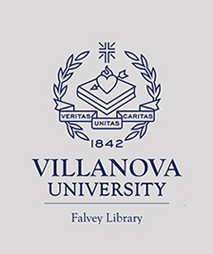Indigenous Knowledge Contours for a Science of the Folk Community
##plugins.themes.bihistory.article.main##
Abstract
Whenever early Filipinos looked into the sky, they would see not just stars but also their own civilization. This was famously noted by Dante Lacsamana Ambrosio, a Filipino ethnologist and pioneer of ethnoastronomy. Since the cosmos was part of their environment, indigenous people conjoined their culture to it and in return formed a dynamic worldview. This is why they have terms like Balatik (a hunting trap for wild boar) for the constellation Orion or Bubu (a fish cage trap) for the Big Dipper. Early Filipinos had named these celestial bodies long before Westerners arrived 500 years ago. The colonizers thought native peoples had no civilization, so indigenous knowledge and local science were relegated to the category of ‘superstition.’ This presentation will underscore the significant role of indigenous knowledge. In 2013, for example, Filipinos were struck by the super-typhoon Haiyan, one of the most powerful and deadly cyclones ever recorded, an event intensified by climate change. Haiyan killed over 6000 people in the Philippines and laid waste to the homes of 11 million residents in Micronesia and the South China Sea. The effects could have been reduced in the Philippines if the government had used the indigenous word humbak instead of ‘storm surge,’ which was not familiar to villagers. Such indigenization in teaching Big History is vital to understanding our intricate environment. As we advance in trying to resolve our societal and global problems,
##plugins.themes.bighistory.article.details##

This work is licensed under a Creative Commons Attribution 4.0 International License.
Authors who publish with this journal agree to the following terms:- Authors retain copyright and grant the journal right of first publication with the work simultaneously licensed under a Creative Commons Attribution License that allows others to share the work with an acknowledgement of the work's authorship and initial publication in this journal.
- Authors are able to enter into separate, additional contractual arrangements for the non-exclusive distribution of the journal's published version of the work (e.g., post it to an institutional repository or publish it in a book), with an acknowledgement of its initial publication in this journal.
- Authors are permitted and encouraged to post their work online (e.g., in institutional repositories or on their website) prior to and during the submission process, as it can lead to productive exchanges, as well as earlier and greater citation of published work (See The Effect of Open Access).



